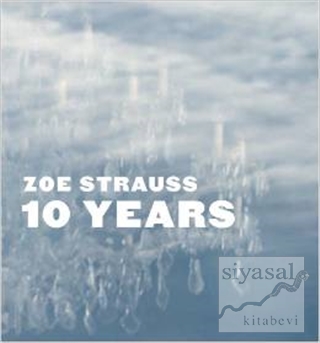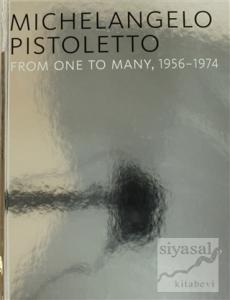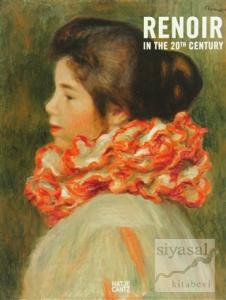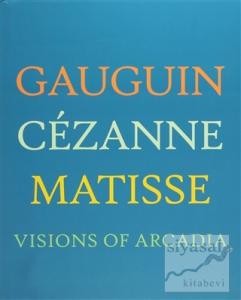
With little formal training, Zoe Strauss (born in 1970) has nonetheless made her mark on contemporary photography with stark and sometimes touching images of the American working-class experience, that convey what she calls "an epic narrative that reflects the beauty and struggle of everyday life." In a style that recalls Diane Arbus or Robert Frank, Strauss also takes an unflinching look at urban decay, industrial landscapes, as well as graffiti and other "found" art, as seen here in 200 color photographs. Strauss's aim of exhibiting art in nontraditional venues-including a display under an elevated section of Interstate 95 in Philadelphia-is explored in the text, which also features a statement by the artist herself, a bibliography, and a chronology.
With little formal training, Zoe Strauss (born in 1970) has nonetheless made her mark on contemporary photography with stark and sometimes touching images of the American working-class experience, that convey what she calls "an epic narrative that reflects the beauty and struggle of everyday life." In a style that recalls Diane Arbus or Robert Frank, Strauss also takes an unflinching look at urban decay, industrial landscapes, as well as graffiti and other "found" art, as seen here in 200 color photographs. Strauss's aim of exhibiting art in nontraditional venues-including a display under an elevated section of Interstate 95 in Philadelphia-is explored in the text, which also features a statement by the artist herself, a bibliography, and a chronology.















